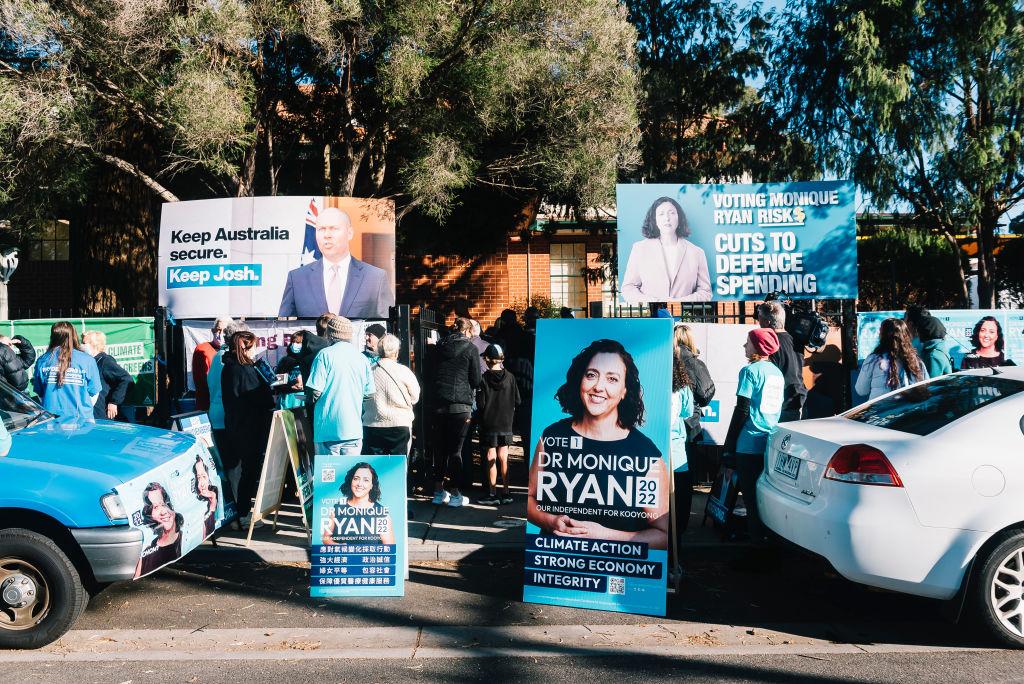The question of whether stricter limits should be applied to donations to political parties is due for further debate as federal Parliament resumes.
The government and opposition has yet to reach a deal on appropriate limits to donations and expenditures, with critics claiming proposed reforms are designed to make it harder for independents and third parties to raise funds.





